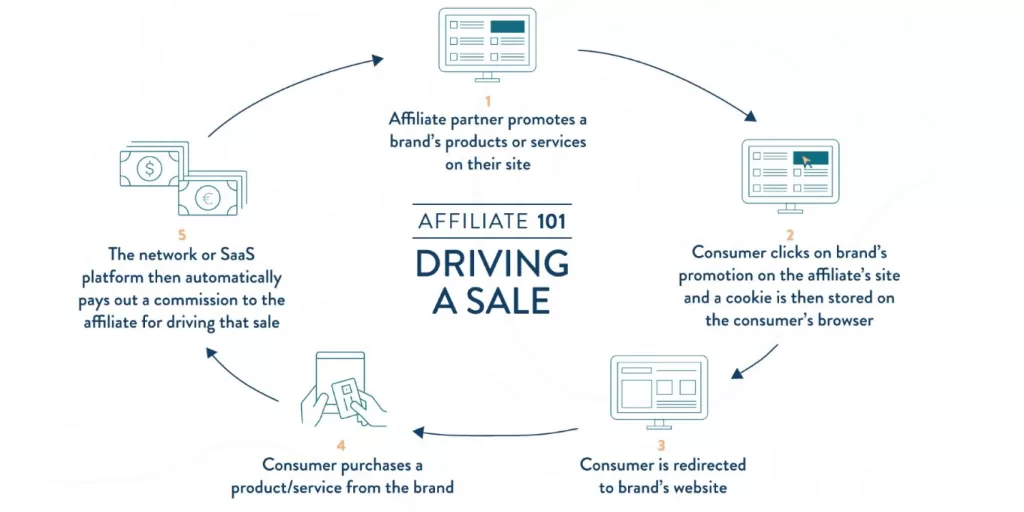At Acceleration Partners, we specialize in developing and refining affiliate partnership strategies to drive growth and achieve your business goals. Our experts provide you with the insights on everything you need to know about affiliate marketing—including what it is, how it works, and (most importantly) why it works.
Here’s a look at some of the most important info to keep in mind when you’re ready to start, grow, and scale your affiliate marketing strategy successfully.















